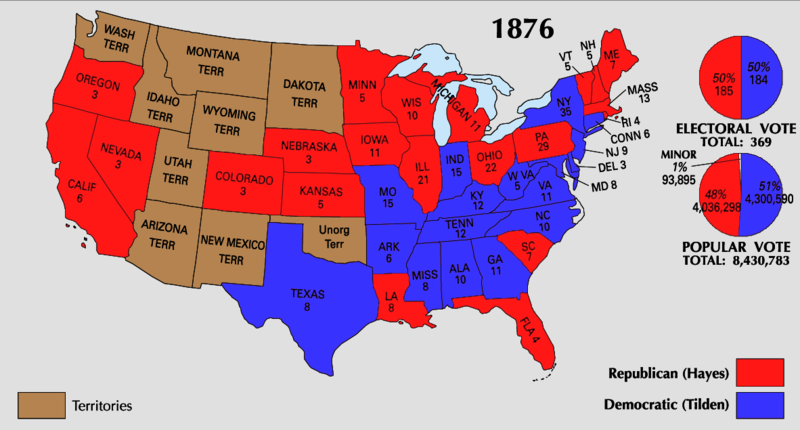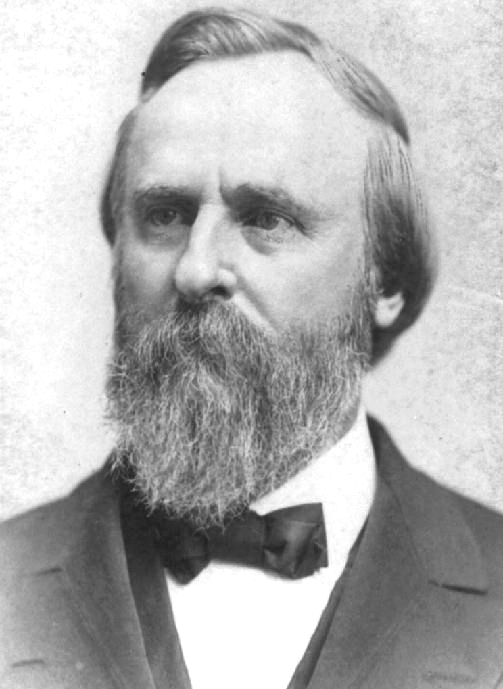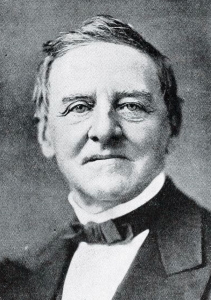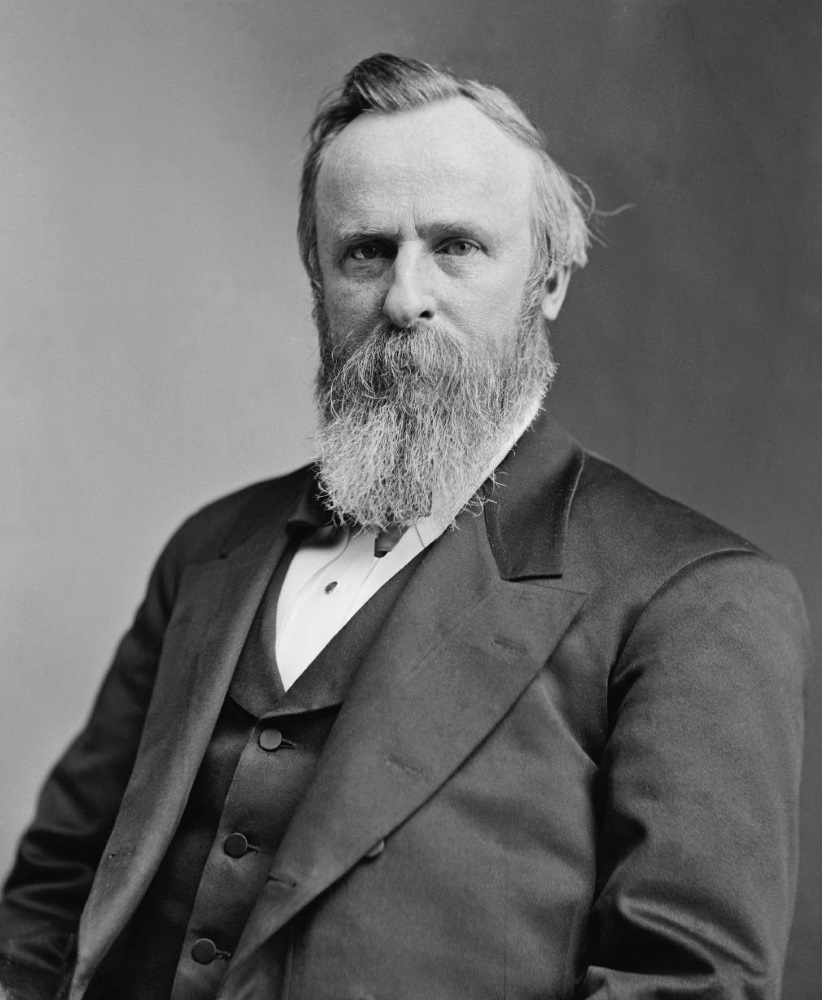Despite Hayes's strong support of the rights of
the Southern freedmen, the reality was that he was in no position to
help them in the face of the rising White reaction building in the
South. Also, mounting Indian problems on the American frontier were
forcing Hayes to have to move his troops rather immediately from the
South (which he had promised anyway) to the West to protect American
frontiersmen. And with the removal from the South in 1877 of the
military authorities charged with enforcing the Reconstruction laws,
Reconstruction itself finally came to a dismal end. Blacks were now on
their own in dealing with White power in the South.
Reconstruction in review
Overall,
huge mistakes were made in the follow-up to America’s most (self)
destructive war, fought for supposedly noble purposes: the
maintenance of the Union and the end to slavery. Wars are
designed to change social attitudes. But instead the Civil War
merely hardened them. Lincoln (and Johnson) wanted to bring the
South back into the Union on an equal basis – minus slavery, of course
– as fast as possible. But the Radicals wanted to punish the
White South ... and anyone in the North who dared to show mercy to the
defeated enemy. To the Radicals, the White South remained the
enemy. And the White South ultimately responded in like manner,
as soon as it was able to begin to recover.
All that was
achieved by the haughty moralizing of the Radicals was to ensure that
Southern Blacks, which they presumed that they were "saving," would
find themselves even more deeply alienated from the rest of Southern
society, because of their total dependency on the muscle provided by a
vindictive North. When that muscle was lifted (around 1877), the
Blacks found themselves trapped in a social setting that was fully
desirous of seeking revenge on Southern Blacks ... in the same measure
that the Radicals had sought revenge on Southern Whites.
Lincoln had warned America in his Second Inaugural
Address to leave judgment and wrath to God, and to move
on:
With malice toward
none; with charity for all; with a firmness in the
right, as God gives us to see the right, let us strive on to finish the
work we are in; to bind up the nation's wounds; to care for him who
shall have borne the battle, and for his widow, and his orphan – to do
all which may achieve and cherish a just, and a lasting peace, among
ourselves, and with all nations.
Not until the Marshall Plan
was undertaken in 1947 (to bind up the wounds of World War Two in
Europe) did America come to understand the wisdom of "charity for
all." Rather than punish the Germans (and the Japanese) at the
end of the war – as the Radicals had punished the Southern Whites –
America set itself in 1947 to the task to rebuild all of European
society, former enemy as well as former ally. The results were
amazing. Europe recovered and whatever social antagonisms had
produced the war in the first place disappeared, the wounds of war were
bound up, everyone was cared for, and a just and lasting peace among
all nations resulted.
That's not what happened in America after
the Civil War. All the haughty moral judgment (condemnation) that
made the Radicals feel so morally superior (as if they were the divine
judges of mankind), served only to delay for a full century the
recovery and the social integration in the South of both the Blacks and
the Whites.
Did America learn anything from the
experience? Obviously not immediately ... and not without the
arrival in the position of leadership after World War Two of those who
understood deeply the wisdom of Lincoln’s Christian (not Secular, not
morally "logical") stand. These "Wise Men" 2understood by moral or
spiritual instinct (like Lincoln) that we live in a flawed world in
which only God has the right to judge.
As Christ taught the
world around him, they understood that it was critical to seek not
judgment against others but forgiveness and a readiness to come
together (not as gods but as imperfect humans) and work to help move
flawed human society forward through the power of personal
fellowship.
But sadly, many Americans, especially those
that seek social power, prefer to place themselves in the position as
"enlightened" judges over the rest of society. As history
constantly bears out (such as the French, Soviet and Nazi Revolutions)
– and as the era of post-war Reconstruction confirms – the by-product
of such intellectual arrogance brings only further destruction and
remorse, not new glories to human life.

 The 1876 election and the "Hayes
The 1876 election and the "Hayes






